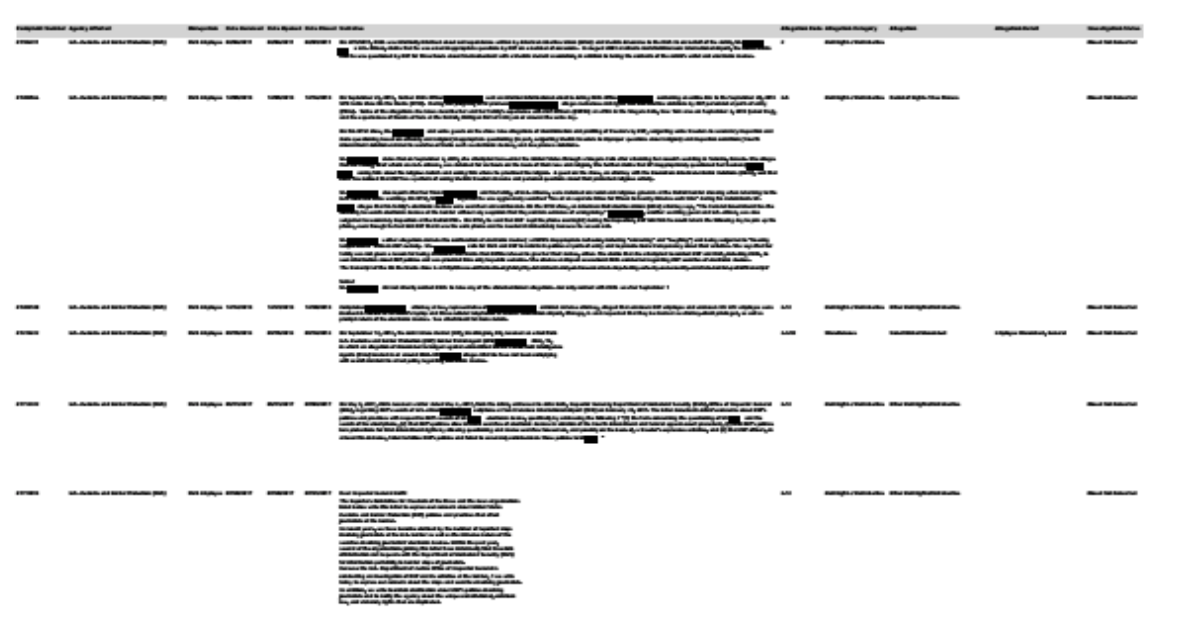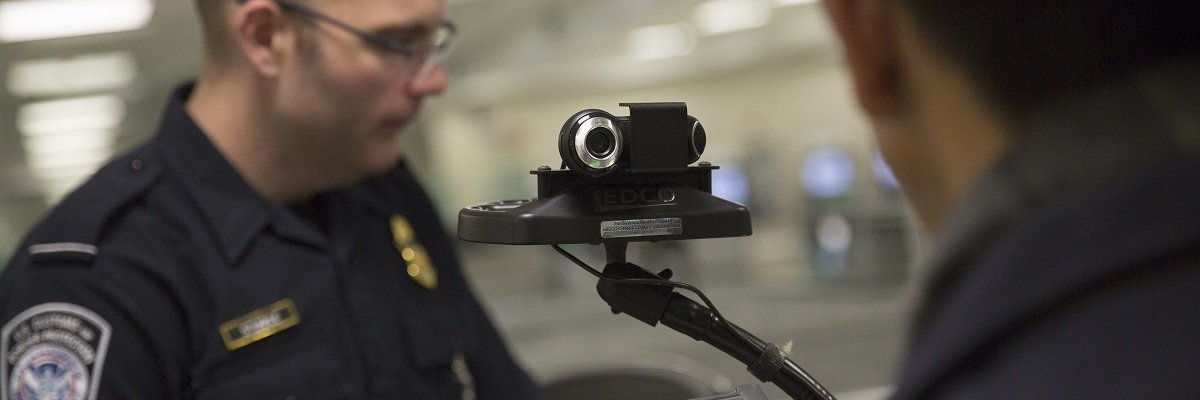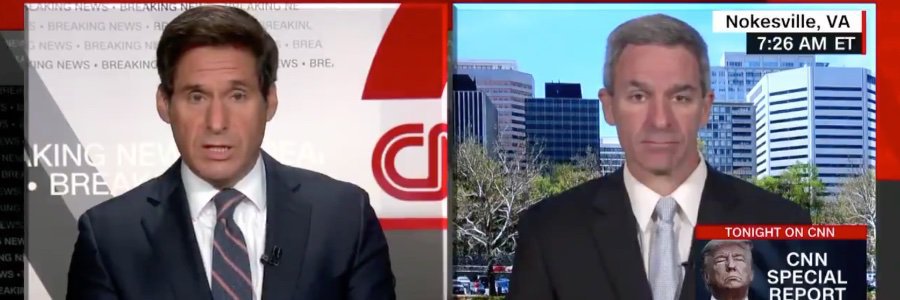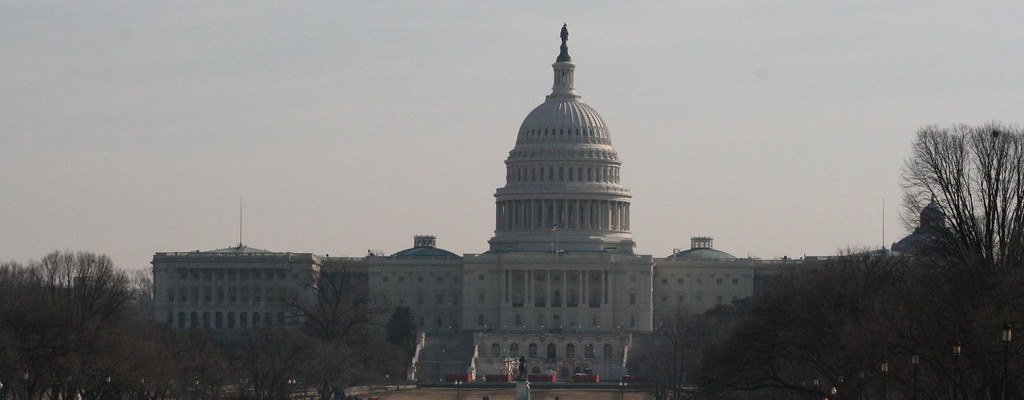We were not the only ones Santa dropped off TSA-related security with: A request from Charlie Savage in 2011 shows complaints about the Department of Homeland Security’s border searches. Plus digging into data shows just how ubiquitous “drug-free school zones” can be.
Send over your favorite FOIA stories via email, on Twitter, or on Facebook, and maybe we’ll include them in the next roundup.
Hundreds feel violated by Department of Homeland Security’s warrantless searches
We’ve reported before about how protections for your privacy nearly evaporate when you cross - or come close to - the border, and new documents received by Charlie Savage after a FOIA request to DHS tell some of the stories of those who had their phones, laptops, and other devices searched:
In January 2016, a Virginia woman wrote of experiencing a “blatant abuse of privacy” after she and her 19-year-old son were pulled aside for extra screening at Newark Liberty International Airport upon returning from Spain.
“They took his laptop and cellphone and proceeded to go through both after getting the passwords from him,” she wrote in her complaint, adding that her phone was taken and browsed through “without my consent,” as well. While the officers were cordial, she said, “the line between security screening and blatant search and seizure without cause or explaining is not.”
The Times also posted the full response online, which in addition to helping explore an often secretive policy provides yet another great example of FOIA responses designed for ants:

Read the full story, and also check out more general complaints about the TSA’s search processes.
The Myth of the Playground Pusher
C.J. Ciaramella and Lauren Krisai have a great story for Reason.com on how sensible sounding “drug-free school zones” end up becoming almost arbitrary traps for harsh enforcement of drug laws. They lead with the story of Michael Goodrum who, busted with a small amount of crack, ended up with a mandatory sentence that could have him in jail longer than if he had murdered someone.
And Goodrum is not alone, as they find: In many areas, almost everywhere you go can be part of a school zone, including 26.5 percent of areas within city limits in Tennessee.

They were able to paint how bad the problem is by digging into copious amounts of public data about schools, parks, and other designated drug-free zones and then map out how broad the definition of “school zone” actually was. More data showed that these laws disproportionately impacted minorities.
All the data and software used for the analysis was posted publicly on Github.
Data wants to be free, court finds
Lisa Hammer of the Dispatch-Argus reports that Henry County in Illinois lost its fight to charge Zillow for county real estate assessment information.
The county had sought to have Zillow pay for the county’s assessment information, which the real estate company was obtaining through requests filed under the Freedom of Information Act. The settlement agreement allows the firm to continue to get the information for free with a FOIA request.
“We sent them a bill, and they refused to pay,” said county administrator Colleen Gillaspie. “We don’t think it’s right because they’re making money on it. They’re selling it, to a degree.”
A lot of fierce fights break out over who is going to pay for public records, and this is a good example of the challenging balance. Yes, Zillow is a for-profit company making money off public data, but by making the information available, others can also take advantage of it and a much broader segment of the public benefits in all sorts of unexpected ways.
Read other coverage of the intersection of intellectual property and transparency with our stories on the famous catchphrase “Phoenix is hot” and how New York cashes in on its famous love.
Seen a great FOIA-based news story? Let us know and maybe we can include it in our next round up! Send it over via email, on Twitter, or on Facebook.
Image by Glenn Fawcett via Wikimedia Commons




